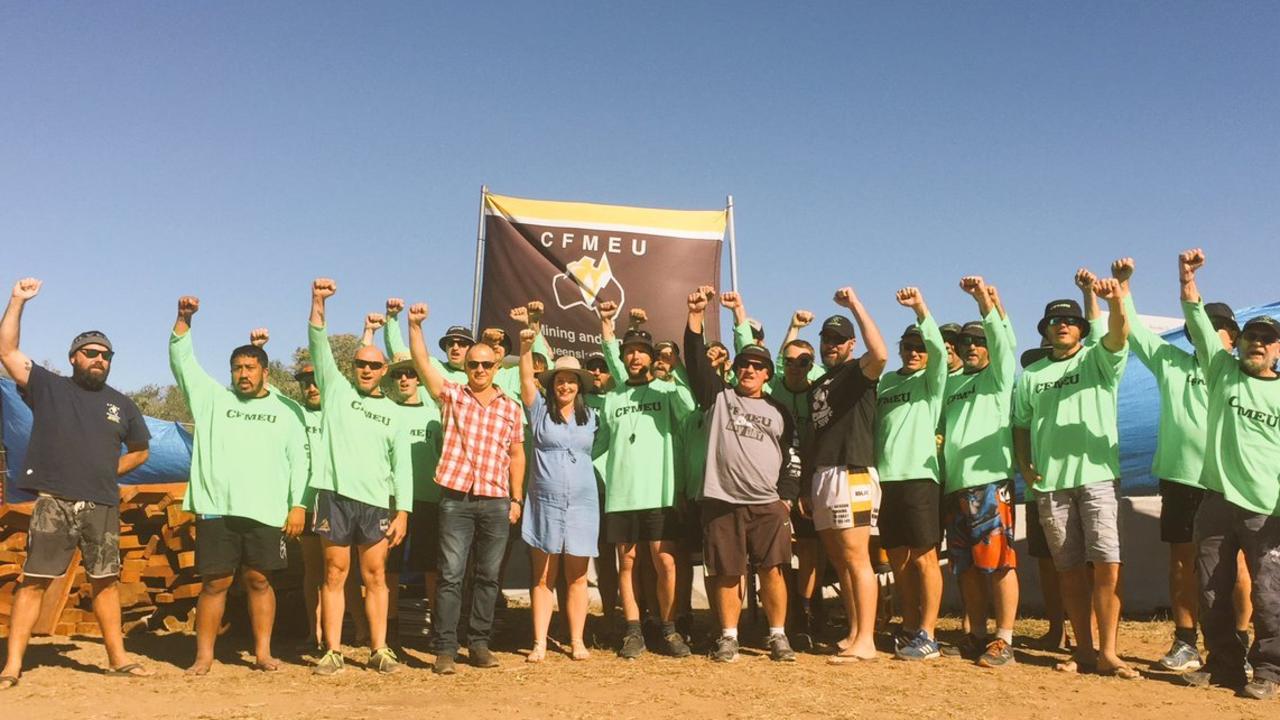Judge and barrister’s ‘secret’ tete-a-tetes land in High Court
The High Court has been asked to decide whether ‘secret’ contact between a judge and barrister should have prompted a retrial.
The High Court has been asked to decide whether the fact a judge and barrister were in “secret” contact, meeting for coffee and drinks and communicating by phone and text message, while a case was under way should have prompted a retrial of a protracted family law dispute.
The appeal is the latest twist in a legal dispute between a Perth real estate agent and his ex-wife that has dragged on for almost 15 years.
The real estate agent, known as “Mr Charisteas”, lodged an application for special leave to appeal to the High Court on Friday.
He has argued that extensive contact between the trial judge and his ex-wife’s barrister — that they elected to conduct “in secret” — would have caused a hypothetical observer to fear that the judge might have been biased in his handling of the case.
The Family Court of Western Australia judge, John Walters, and Perth barrister Gillian Anderson met for drinks or coffee about four times, spoke on the phone about five times, and exchanged “numerous” text messages during the 23-month period that Justice Walters presided over the case.
Justice Walters retired on medical grounds in 2018, three days after delivering his decision in the Charisteas case.
Mr Charisteas has argued in documents lodged with the High Court that the majority of the full Family Court of Australia was wrong to decide that the conduct would not have given rise to a “reasonable apprehension of bias”.
The majority, Family Court judges Steven Strickland and Judy Ryan, said a “hypothetical observer” would have accepted Ms Anderson’s assertion that the pair did not discuss the “substance” of the case and would also have been aware of the judge and barrister’s ethical obligations — alleviating any concerns about possible bias.
However, Family Court Chief Justice Will Alstergren said in a strong dissenting judgment that he would have allowed the appeal. He said the contact between the pair should never have occurred — it was “protracted, premeditated and contrary to the ethical obligations each individual owed to the court”.
Chief Justice Alstergren said it was incumbent on judges and barristers to disclose any contact but no timely disclosures were made in this case.
Mr Charisteas, in his appeal documents, said the pair’s failure to disclose their private communications was a “significant plank” of his case. “Such a failure is even more egregious when it is clear that the contact was not fleeting or incidental and when disclosure was eventually made it was ‘hardly candid’,” the documents say. The behaviour only came to light as a result of “gossip” from family lawyers after the trial concluded.
In a letter to Mr Charisteas’s lawyers, Ms Anderson said she had known the judge socially and professionally for years and they had never been involved in an intimate relationship.
The Charisteas family’s net property pool was initially worth about $12m, according to the primary judge, but had dwindled to about $2.5m. More than $3.7m has been spent on legal fees.
The case highlights the crippling delays many family law litigants face.
The appeal judges took 16 months to deliver their decision, while Justice Walters took 17 months to write his decision.
This is despite a goal that 75 per cent of all Family Court judgments be delivered within three months.


